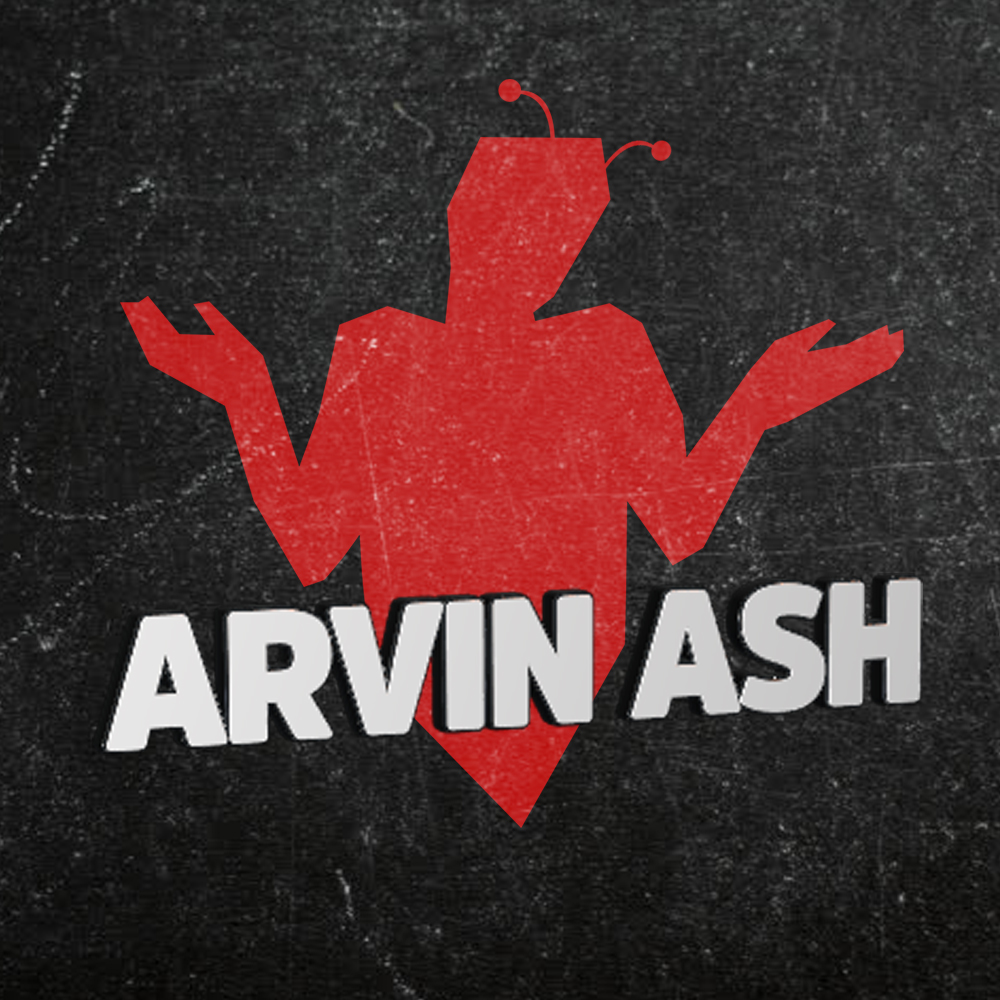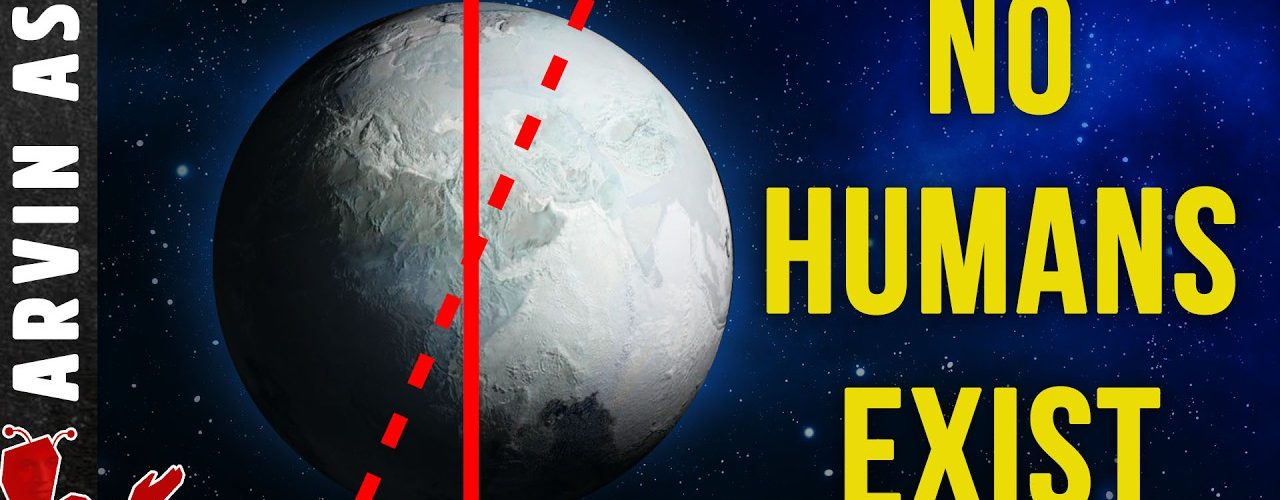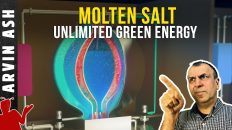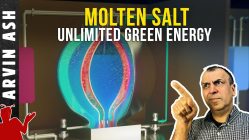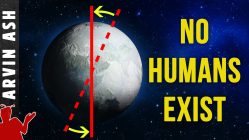The earth has an axial tilt of about 23.5 degrees. While this tilt is responsible for shaping our planet’s climate and seasons, it also played a crucial role in shaping life on earth. What would have happened if the earth had no tilt? Is it even normal for a planet to tilt? What caused it?
Most planets in our solar systems have a tilt. Mercury is the only one that has nearly no tilt at 2 degrees. It’s thought that early in earth’s formation over 4 billion years ago, a planet the size of Mars, which we now call Theia, crashed into earth and knocked it off its kilter. In doing so, some of the material from the two planets was thrown off and began to orbit the earth. And over time it coalesced into the moon. This impact also created a permanent tilt in earth’s rotation.
If Earth didn’t have a tilt, that is, if its axis were perpendicular to its orbital plane, several significant changes would occur.
The most noticeable change would be the absence of seasons. Every location on Earth would receive a consistent amount of sunlight year-round, and for about 12 hours every day. Temperature and precipitation patterns would not vary much. It would still be warm at the equator and cold at the poles.
Earth’s current tropical zones can serve as an example of what an earth without seasons would be like in these non-tilting equatorial regions. But the weather would not be completely unchanging. There would be some change because the earth’s orbit around the sun is elliptical, so it is about 3% closer to the sun during some parts of year.
A lack of seasons could have significant implications for agricultural practices. Plant evolution would be altered because seasons are an important factor in the behavior and growth of plants. And plants in turn affect how animals have evolved because they are a source of food. Many living things time their reproduction to the seasons.
Different species of animals and plants would likely have been successful back in the early Earth – and that would have led to completely different evolutionary paths. It is quite possible that intelligent apes, that is, we may not have evolved in such an environment.
But if humans did manage to evolve on such a planet, according to Don Attwood, an ecological anthropologist at McGill University in Montreal, humans would probably never have advanced past a state of living in small, scattered settlements, scrounging for survival and often dying of horrific insect-borne diseases. According to him, Cold weather promotes invention. During the 18th century, the discovery of coal to warm homes and power machines improved technology and overall health. It led to the steam engine and ultimately to the industrial revolution, which led to the comforts of modern technology we enjoy today.
Winter prevents the spread of deadly diseases all over the world. Some diseases that come from humid tropical environments include HIV and the Ebola virus. The spread of these diseases could prove catastrophic for humankind.
Without a tilt, Earth could turn into a snowball long term. Near the poles it would be constantly below zero degrees. Assuming that snow would still form, then it these areas with permafrost snow would continue to fall, but never melt. This would cause a large snow built up like during an ice age. Slow and steadily the polar ice cap would expand away from the poles and Earth as a whole would begin to freeze.
There are two main factors which act as a positive feedback loop. Snow is white and reflects sun very effectively. This means much of the sun’s energy would be reflected off the ice caps and the energy and heat from the sun would bounce back into space, thus, earth would get colder as more and more of suns heat would be reflected away from earth. Secondly, as the ice cap grows in height the surface would be at higher altitude with the snow insulating the surface from any heat from inside earth itself. The polar ice cap would then slowly begin to ingulf more and more of earth.
#solstice
#earthstilt
Earth would probably not become a complete snowball because the equator would be hot enough to melt ice and snow?
